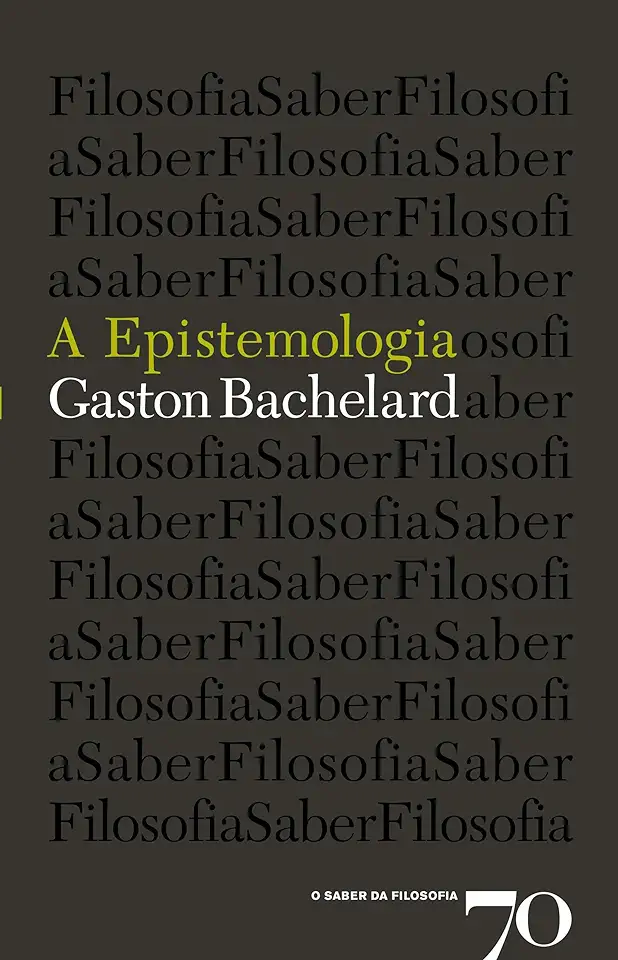
The Epistemology - Gaston Bachelard
The Epistemology of Gaston Bachelard: A Journey into the Philosophy of Science
Introduction: Unveiling the Secrets of Scientific Knowledge
In the realm of human inquiry, few endeavors have captivated our minds and shaped our understanding of the world like science. Yet, beneath the surface of scientific discoveries lies a profound question: how do we truly know what we know? This is where Gaston Bachelard, a pioneering French philosopher of science, enters the scene, offering a revolutionary perspective on the epistemology of scientific knowledge.
Bachelard's Epistemological Framework: A Paradigm Shift in Scientific Thought
Bachelard's epistemology challenges conventional notions of scientific knowledge as a mere accumulation of objective facts. Instead, he argues that scientific knowledge is a dynamic process, constantly evolving through a series of epistemological obstacles and ruptures. These obstacles, rooted in our preconceived notions and ingrained habits of thought, hinder our ability to perceive the world objectively.
Overcoming Epistemological Obstacles: The Path to Scientific Progress
Bachelard's philosophy emphasizes the crucial role of overcoming these epistemological obstacles in the pursuit of scientific progress. He proposes a methodology of "epistemological breaks," where scientists must critically examine and challenge their assumptions, biases, and prevailing paradigms. This process of self-criticism and conceptual renewal leads to the emergence of new scientific theories and a deeper understanding of the natural world.
The Dialectic of Knowledge: A Dance of Thesis and Antithesis
Central to Bachelard's epistemology is the concept of the dialectic of knowledge. This dialectical process involves a continuous interplay between thesis and antithesis, where new ideas confront and challenge existing theories. Through this intellectual sparring, scientific knowledge undergoes a process of refinement and refinement, leading to a more comprehensive and accurate understanding of reality.
The Role of Imagination and Intuition in Scientific Discovery
Bachelard's philosophy also highlights the significance of imagination and intuition in scientific discovery. He argues that scientific progress is not solely driven by logical reasoning but also by creative leaps and intuitive insights. These non-rational elements play a crucial role in generating new hypotheses and breaking through epistemological barriers.
Bachelard's Legacy: A Profound Impact on Scientific Thought
Gaston Bachelard's epistemology has left an indelible mark on the philosophy of science and continues to influence contemporary scientific thought. His emphasis on epistemological obstacles, the dialectic of knowledge, and the role of imagination has revolutionized our understanding of how scientific knowledge is produced and refined.
Conclusion: Embark on an Intellectual Odyssey with Bachelard
"The Epistemology of Gaston Bachelard" is an invitation to embark on an intellectual odyssey, challenging our assumptions about scientific knowledge and revealing the intricate processes that drive scientific progress. Bachelard's profound insights will resonate with anyone curious about the foundations of science, the nature of human knowledge, and the ever-evolving quest for truth.
Call-to-Action: Delve into the Depths of Scientific Epistemology
Don't miss this opportunity to delve into the depths of scientific epistemology with Gaston Bachelard. Order your copy of "The Epistemology of Gaston Bachelard" today and embark on a transformative journey that will reshape your understanding of science and the pursuit of knowledge.
Enjoyed the summary? Discover all the details and take your reading to the next level — [click here to view the book on Amazon!]